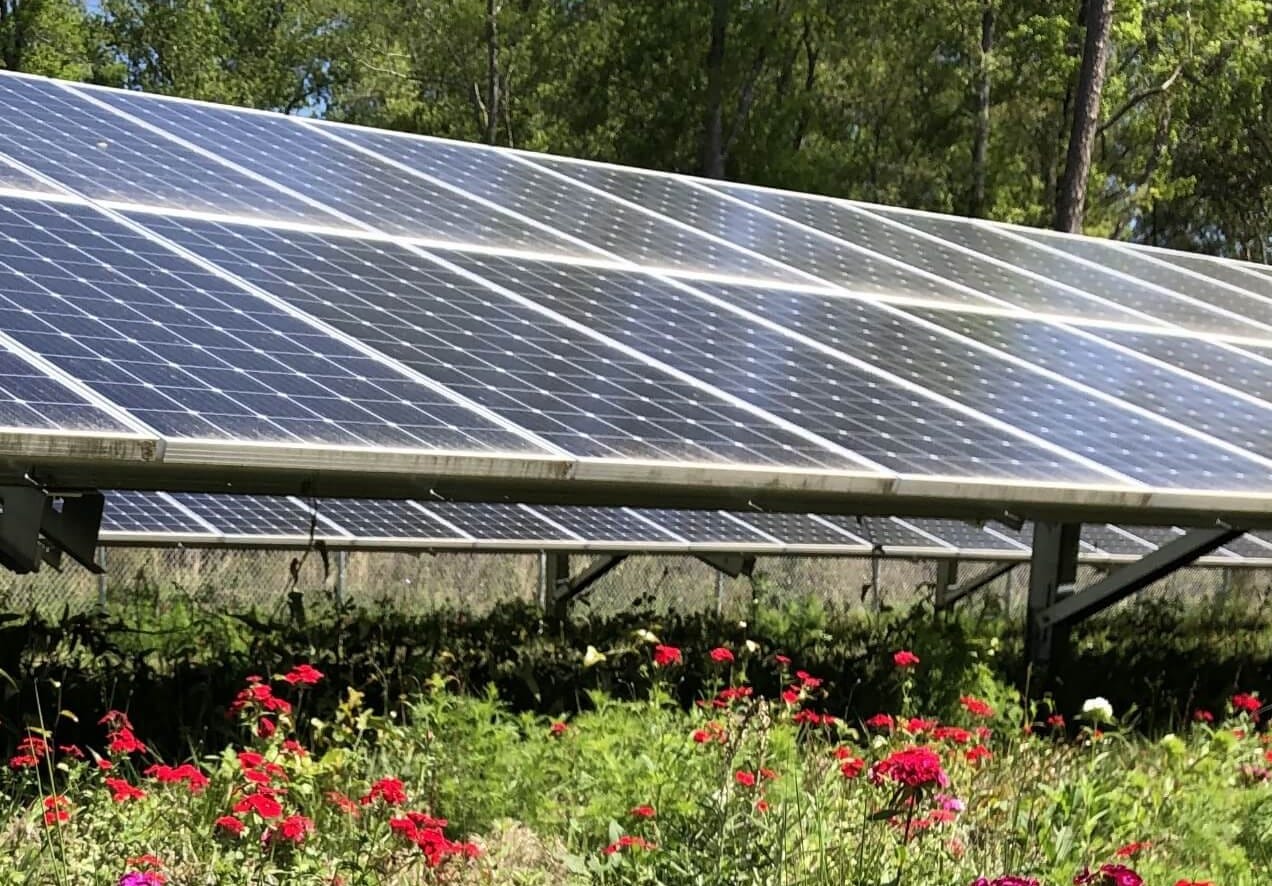Push for Cherokee County solar farm progresses in Iowa
An effort to build a solar farm in Cherokee County, Iowa, seems to be headed toward approval.
The Cherokee County Board of Supervisors had its second reading of a zoning ordinance for the farm August 19. The third and final reading is scheduled for August 26.
After that, TED Renewables can apply for a Conditional Use Permit that will go to the county Board of Adjustments.
Supporters say they’re optimistic about the solar farm becoming a reality. Landowners are in favor of it, and county officials are working to make sure the ordinance is clear of any potential problems to ensure easy passage and protects landowner rights.
After the Board of Supervisors’ third reading next week, the item could be on the Board of Adjustments’ agenda in a matter of weeks despite ongoing opposition from some who have fought zoning changes in the past.
The 900-acre Maple River Solar Project, being developed by TED Renewables, is a proposed solar farm that would produce 160 megawatts. That would generate enough clean energy to power approximately 27,000 homes annually.
If it’s approved, the project would be the fourth largest solar farm in Iowa and provide substantial tax revenues to the rural county’s residents of fewer than 12,000 residents.
Proponents say nearly all of the setback and variance issues cited by critics of the project earlier in the process have been fixed.
A member of the county zoning board, Adam Glienke, is leasing land that would be directly affected by the proposed solar farm. Proponents of the solar farm project have said Glienke, who was appointed to the zoning board late last year, has a “blatant conflict of interest” regarding the project.
Also, Glienke’s uncle Dale Glienke is on the county Board of Adjustments, his aunt by marriage Kris Glienke is the county auditor and his father Brian Glienke owns property adjacent to the proposed location.
According to data from Maple River, the project would provide many benefits to taxpayers:
* When completed and operational, the Maple River Solar Project would generate annual tax payments of $175,000 or more annually, which will largely be distributed to the local county and school district.
* The project also would create about 200 jobs for 1-2 years during the construction phase as well as a few highly skilled long-term jobs.
* The solar lease payments would help local farmers and landowners diversify their income in ways that can be reinvested in their farms and communities.
* At the end of the project’s operating period, the equipment will be recycled or reused, and the land restored to its original condition. The soil will be improved substantially due to the long resting period and the presence of deep-rooted plants.
* Taxpayers and landowners are protected against decommissioning costs through a bond that Maple River Solar will post and routinely update, which will cover the entirety of the decommissioning cost.
* More than $150 million in estimated total project investment with more than $7 million in tax revenue reinvested into local and state communities.
* The estimated project size is 850 fenced acres, and it all would be privately-owned land leased to the project. Landowners would retain that ownership during and after the lease. The land will be made ready to resume farming after the lease expires.



